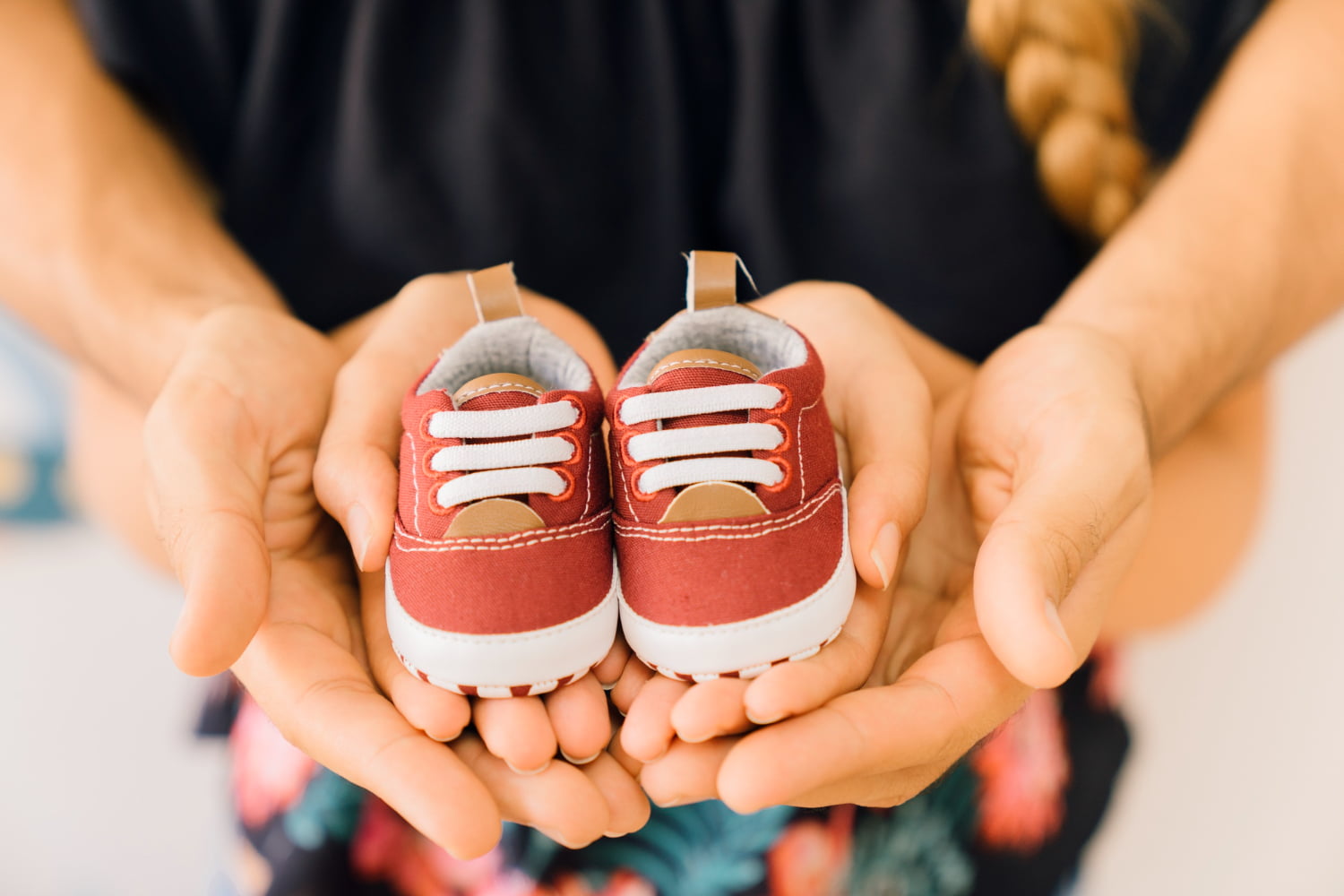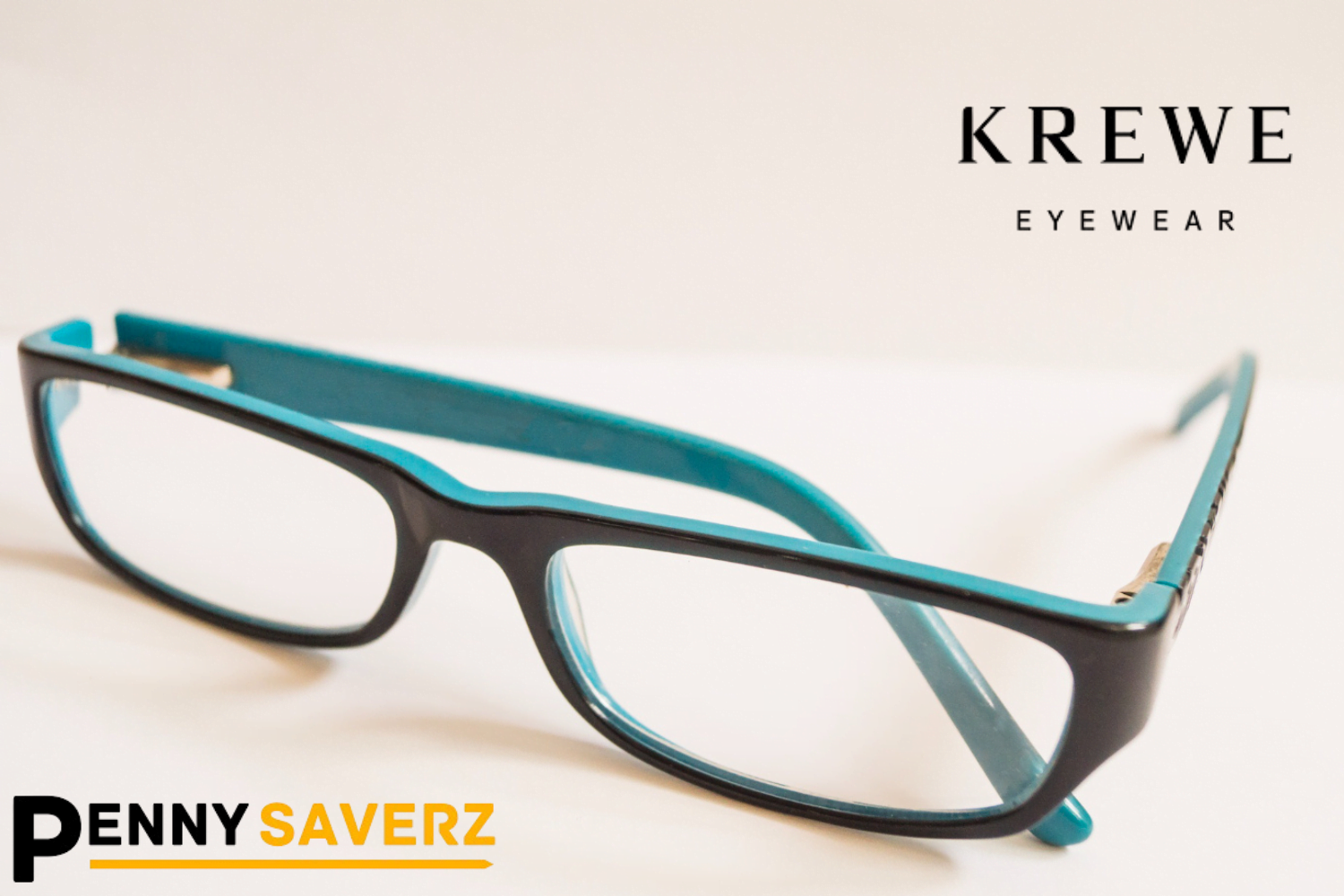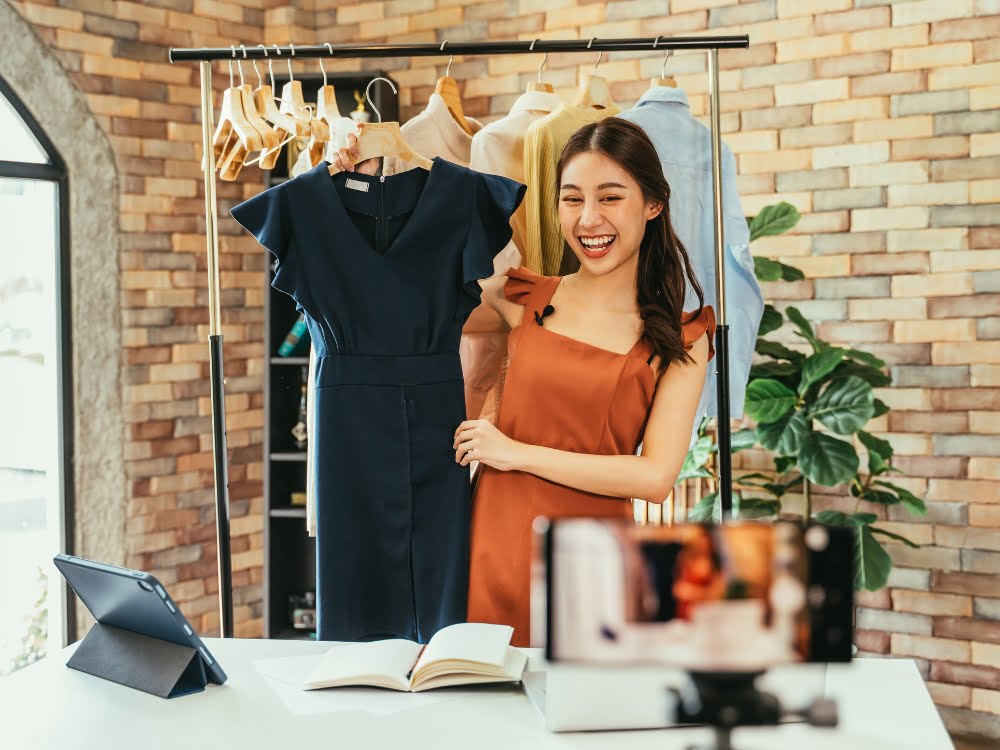Introduction
When should babies wear shoes? Babies are a source of immense joy, and as parents, ensuring their healthy development is a top priority. One common concern that often arises is the appropriate time for babies to start wearing shoes. In this comprehensive guide, we’ll navigate through the nuances of this decision, debunk common myths, and provide invaluable insights into the well-being of your baby’s precious feet.
When Should Babies Start Wearing Shoes?
The anticipation of your baby’s first steps is a remarkable milestone, and the question of when to introduce those cute, little shoes is common. To answer this, we delve into the factors of age considerations and developmental milestones. Most babies start wearing shoes around 9-12 months, coinciding with the onset of independent walking. However, it’s essential to consider individual developmental variations.
Benefits of Delaying Shoe Use
When should babies wear shoes: Contrary to popular belief, delaying the use of shoes can significantly benefit your baby’s foot development. Allowing your baby to explore the world barefoot promotes natural balance and coordination. It enhances the sensory experience, helping them develop a better understanding of different surfaces.
Choosing the Right Shoes for Babies
Selecting the appropriate shoes for your baby involves understanding the distinction between soft sole and hard sole options. Soft sole shoes, especially in the early stages, mimic the feel of bare feet, supporting natural development. Additionally, prioritizing proper sizing and a comfortable fit is crucial to ensure your baby’s comfort.
Foot Health and Baby Shoes
The impact of baby shoes on arch development is a critical consideration. Opting for shoes that provide proper arch support and adequate cushioning is essential. Moreover, being vigilant about potential foot problems and addressing them early on contributes to long-term foot health.
Indoor vs. Outdoor Shoe Usage
When should babies wear shoes: Different environments demand different types of shoes. While indoors, allowing your baby to be barefoot fosters natural foot development. However, for outdoor activities, especially on harsh surfaces, providing protective shoes becomes necessary. This balance ensures your baby’s feet are appropriately supported in various settings.
Signs That Indicate Baby Needs Shoes
As your baby progresses through developmental milestones, certain signs indicate the need for shoes. When your baby starts walking independently and is exposed to outdoor environments regularly, it’s time to consider protective footwear. Shoes offer insulation, protecting tiny feet from extreme temperatures and potential hazards.
Common Mistakes in Baby Shoe Selection
Avoiding common mistakes in shoe selection is crucial for your baby’s comfort and foot health. One common error is choosing oversized shoes, thinking they allow room for growth. However, shoes that are too large can hinder proper development. Ensuring the shoes provide a snug fit without constricting the feet is vital.
When to Introduce Shoes for Special Occasions
When should babies wear shoes: Special family events and outdoor gatherings may necessitate the use of shoes. When attending occasions that demand a more formal appearance or when your baby is exposed to outdoor elements, introducing shoes for these special occasions is appropriate. It’s essential to balance style with your baby’s comfort.
Tips for Maintaining Baby Shoes
Maintaining your baby’s shoes involves regular cleaning and hygiene practices. Soft materials, often used in baby shoes, can be more susceptible to dirt. Cleaning them regularly and ensuring they are dry before use helps maintain a healthy environment for your baby’s feet.
Pediatrician Recommendations
Consulting with a pediatrician is invaluable when it comes to your baby’s well-being. Seeking professional advice on your baby’s foot development, especially if you notice any concerns, ensures early intervention and appropriate guidance.
Parental Concerns and Queries
It’s natural for parents to have worries and questions about delaying shoe use. Addressing common concerns such as whether delaying shoe use affects foot development and providing practical answers to parental queries fosters confidence in making informed decisions.
Promoting Natural Foot Development
Encouraging barefoot play is an excellent way to promote natural foot development. Allowing your baby to explore different textures and surfaces without shoes enhances sensory perception and contributes to overall balance and coordination.
Transitioning to Toddler Shoes
As your baby evolves into the toddler stage, transitioning to the right shoes is paramount. Gradually introducing shoes with additional support while still considering flexibility is key. Look for shoes that provide stability without restricting natural movement, fostering continued healthy foot development.
Tips and Tricks – When Should Babies Wear Shoes
Ensuring your baby’s shoes stay in good condition is essential for their comfort and well-being. Here are some practical tips and tricks:
- Regular Cleaning: Wipe your baby’s shoes regularly with a damp cloth to remove dirt and prevent the buildup of bacteria.
- Proper Storage: Store baby shoes in a well-ventilated area to prevent unpleasant odors. Avoid keeping them in damp or closed spaces.
- Rotate Shoes: If your baby has multiple pairs of shoes, rotate them regularly. This helps each pair to air out and reduces wear and tear.
- Check for Wear: Inspect the soles of the shoes for signs of wear. Replace them when you notice significant thinning or damage.
- Avoid Machine Washing: Hand wash baby shoes to preserve their integrity. Machine washing can damage delicate materials and affect the shoes’ structure.
Pros and Cons of Early Shoe Use for Babies
Understanding the advantages and disadvantages of introducing shoes early can aid in making informed decisions.
Pros:
- Protection: Shoes protect your baby’s feet, especially in outdoor environments with rough surfaces.
- Warmth: Shoes offer insulation, keeping your baby’s feet warm in colder weather.
- Style: Introducing shoes for special occasions allows you to showcase adorable baby footwear.
Cons:
- Restricted Development: Wearing shoes too early may restrict natural foot development and hinder the strengthening of muscles.
- Incorrect Sizing: Ill-fitting shoes can lead to discomfort and potential foot problems.
- Expense: Babies grow rapidly, and buying multiple pairs of shoes can become expensive.
Preventive Measures for Healthy Foot Development
To ensure your baby’s feet develop healthily, consider the following preventive measures:
- Encourage Barefoot Time: Allow your baby to spend some time barefoot to promote natural development.
- Monitor Growth: Regularly measure your baby’s feet and update their shoe size accordingly.
- Choose Appropriate Footwear: Opt for shoes with soft soles and proper arch support to facilitate natural movement.
- Limit Time in Restrictive Shoes: Avoid keeping your baby in shoes for extended periods, especially during playtime indoors.
- Consult a Pediatrician: If you have concerns about your baby’s foot development, seek professional advice promptly.
Conclusion
In conclusion, understanding when babies should wear shoes involves navigating through developmental milestones, making informed choices on the right type of shoes, and promoting natural foot development. By embracing these considerations, parents can contribute significantly to their baby’s overall health and well-being.
Frequently Asked Questions
Q: At what age should I start considering shoes for my baby?
A: Most babies start wearing shoes around 9-12 months when they begin walking. However, individual developmental variations should be considered.
Q: Can delaying shoe use affect my baby’s foot development?
A: Delaying shoe use can have positive effects, promoting natural balance and coordination. Regular monitoring of developmental milestones is advised.
Q: How do I choose the right size for my baby’s shoes?
A: Measure your baby’s feet regularly and choose shoes that allow for some growth. A snug fit without constriction is ideal to support natural development.
Q: Are soft sole shoes better than hard sole shoes for babies?
A: In the early stages, soft sole shoes are recommended as they mimic the feel of bare feet, supporting natural development and providing flexibility.
Q: When should I be concerned about my baby’s foot development?
A: If you notice any unusual signs or if your baby consistently struggles with balance, it’s advisable to consult a pediatrician for professional guidance.
Investigate Fresh Reads: Where Is The barcode on Cash App to Load Money



